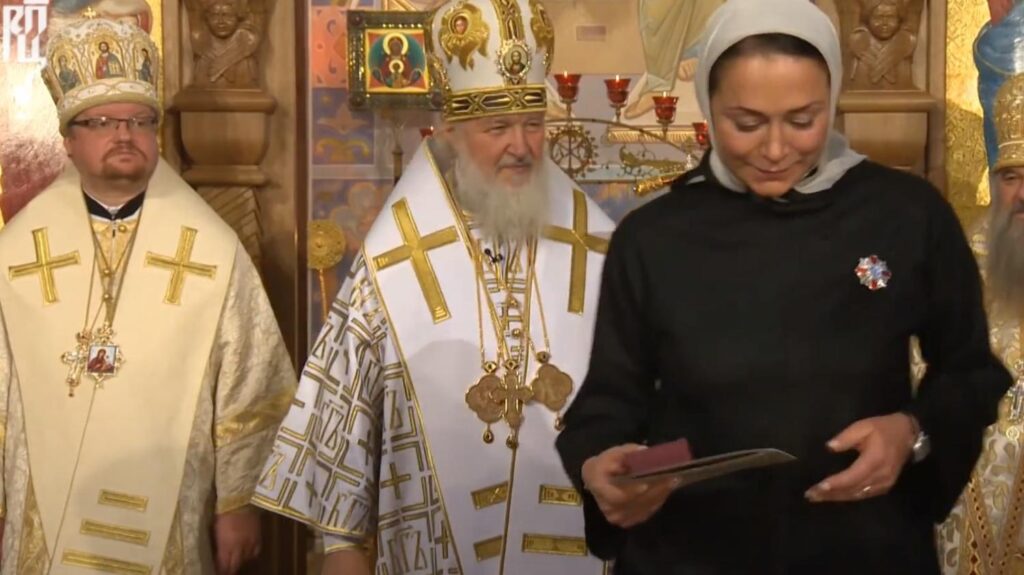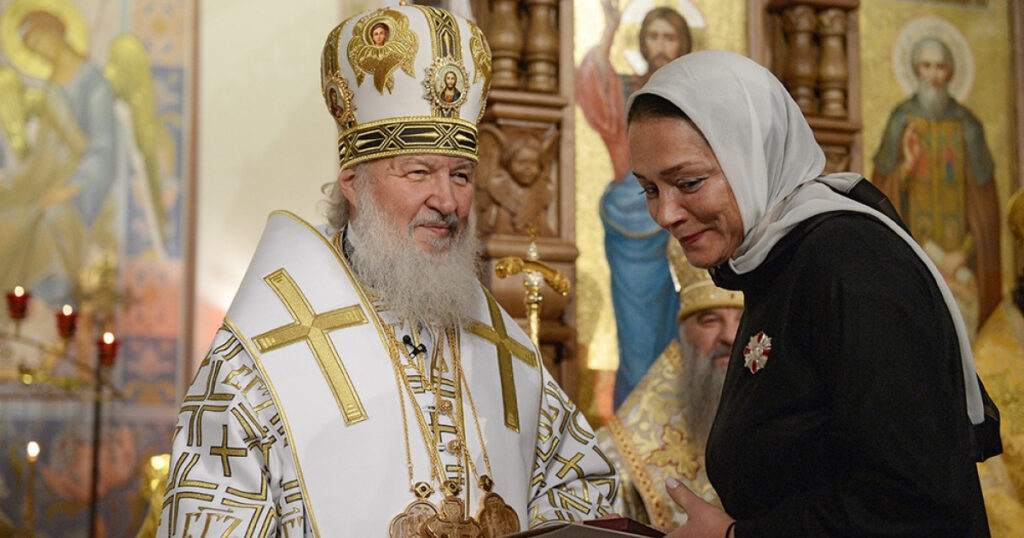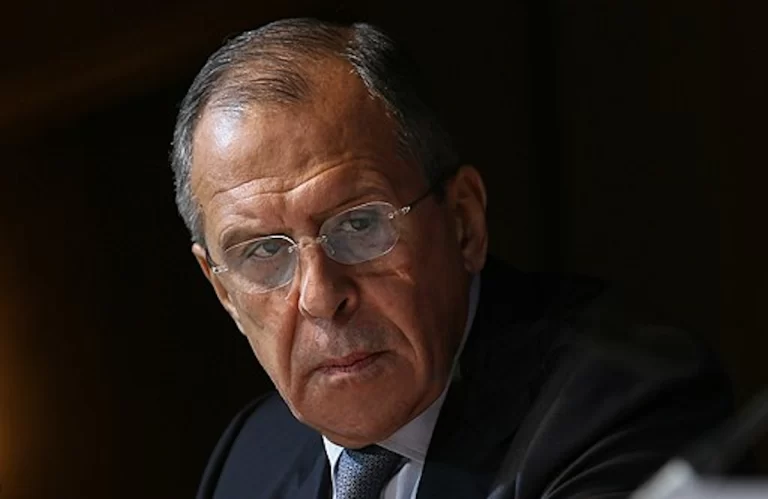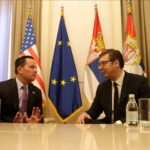Sergey Lavrov is one of the few Kremlin officials who has been holding ministerial office for 18 years and shapes the country’s foreign policy.
As of now, the head of the Foreign Ministry is definitely under stress and considerable mental strain. He demonstrates anxiety and compulsive neurotic action. Sleep problems, weakness, reduced productivity, and decreased libido are characteristic of that condition.
By temperament, Lavrov is phlegmatic. He is balanced, calm, inert, restrained. He can withstand pressure and work under pressure. Lavrov appreciates constancy and sustainability. He has a reliable memory and tends to make considered, balanced and low risk choices. The Kremlin’s high risk foreign policy decisions, therefore, suggest they were initiated at the presidential level. Political risk obviously questions Lavrov’s reputation as a professional diplomat.
Minister Lavrov is pedantic, balanced, responsible. He has high working capacity. He is attentive, collected, procedural, observant, able to navigate difficult situations.
Lavrov thinks highly of himself and his professional skills. He is characterized by pride, self-esteem and self-importance, vanity, arrogance. He has high self-esteem. He likes when his experience, his importance and achievements are respected, he likes officialdom and special attention with compliments to himself. He gets affected and offended, however, when someone points out the incompleteness of his power and influence. That puts more pressure on him than charges of financial abuse (as he serves the interests of Russian oligarch Oleg Deripaska and helped him get a visa to the U.S.), double life (as he has a mistress and includes her in MFA official delegations).

He is indecisive in personal life. Despite being married, he has been living with Svetlana Polyakova for almost 20 years, which is not a secret both for the Kremlin or the MFA. She has got quite a lot of influence in the ministry, as she even influences staffing decisions, accompanies him on official visits, not holding a post in the ministry. Maintained ties with official wife speak for certain obligations and low morale that allows him to live with two families.



He treats other people with contempt and disdain, he believes he is smarter than others, while most people are short-sighted and do not deserve his attention. He knows how to influence people and knows how to make a person feel uncomfortable, make someone believe something was inappropriate to say, he can smother an opponent using his ‘authority’ and pseudo arguments. The company of senior world officials flatters him, he allows himself to make some concessions to them, to accept some of their alternative arguments, he chooses words and expressions in their presence so as not to discredit himself or his authority. At the same time, he allows himself to be rude and insult those he considers lower in rank, when talking to uncontrolled journalists, for example. These are not unfiltered emotional attacks, but a planned response targeting to emphasize his superiority once again.
Scandals with insults and cursing rather speak for a conscious decision to offend, than to the fact that he was ‘set off’ or ‘couldn’t hold back.’ That way, Lavrov demonstrates high ability to manage his condition and emotions. He consciously responds to the situation and its change. He uses emotional physical activities, e.g., playing football or rafting, to compensate for internal mental anxiety over restrained emotions and for psychological relief.
Lavrov does not hesitate to use a whole range of the most absurd propaganda ‘arguments’, as he is sure that does not harm his reputation. That is the country’s stance, he believes, and Russia’s reputation risks are of lower priority than his personal reputation risks.
He does not miss the opportunity to remind of his status, as if the status is the only thing he has, it is the highest value that indicates his success in life. He has a limited social circle that includes 2 types of people – those who will admire his wisdom and scale of personality and those who can make a worthy company for intellectual debate. As for the rest of the people, he just uses them.
Lavrov has responsible attitude to his post and the functions assigned to him. He believes he is superprofessional, i.e., irreplaceable, and unique. He is delighted with the idea of his importance. He is proud of his professional achievements, but he knows well he has already passed the peak of his career, with slowdown just ahead. He has certain fatigue from acting in his current social role, he is eager not to just have a rest, but also to go out in a high note, to have his legacy ‘untainted’. Lavrov has lost initiative, he is not as excited as he used to be, and he does not want to prove his exceptional efficiency, reach new heights, or get recognition and praise any more – he has already achieved everything, been everywhere and seen everything. He believes he has already earned his reputation and designed extraordinary career. It must hurt him to go through that lack of handshake under such conditions, as he watches how everything he built on his own goes to hell, while he takes it as depreciating his own achievements.
It can be assumed he was driven by inferiority complex while building his career, as he felt others stepped ahead of him. He made up for that in his haughty attitude and neglect of others, as he strongly emphasized he was superior to others, while they allegedly submitted. Lavrov uses power as a possibility to assert himself. That way, the pressure points are the following:
• to point out that his power is incomplete and his role for the state and history is uncertain,
• he is manageable,
• he lacks independence,
• he is controlled and humiliated by senior government,
• his achievements are depreciated,
• to refer to better examples of success,
• ruined career and questionable reputation,
• all his effort was in vain.
Lavrov is highly intelligent with productive brain. He is quick to adapt to the situation, well versed in the given circumstances and behaves accordingly. He is used to acting within a rigid structure with definite decisions and restrictions, rights, and responsibilities. He may get confused if there are no strict regulators.
It is felt that Lavrov’s main motivation is not to achieve success, but to avoid failures and prevent mistakes. He believes he has accomplished enough in his life, so he seeks to save his professional face, to secure himself and his future.
In communication, he answers personal questions about his attitude, his personal experience, or his private life with low readiness. He gets nervous in a situation when he must push ahead, as he internally admits his interlocutor has the advantage. He is deaf to emotional arguments, attempts to appeal to something human, etc.He prefers to convey meaning while speaking, and rarely uses nonverbals (gestures, facial expressions). It feels like he often distances himself from what he is saying, as he just works out certain topics without any personal conviction or emotional involvement. The main strategy to answer uncomfortable questions when backed into a corner is to transfer responsibility or change the topic of conversation. When unsure of what he says, he does not even insist he is right, but speeds up the pace of the conversation and the train of thoughts, urging the interlocutor to move on. He treats with respect only those who, he believes, correspond to his status and desired circle of communication (the one that raises him up in the eyes of others, where he is eager to see himself). He neglects people of lower status, knows how to suppress them, and does not take them seriously.





